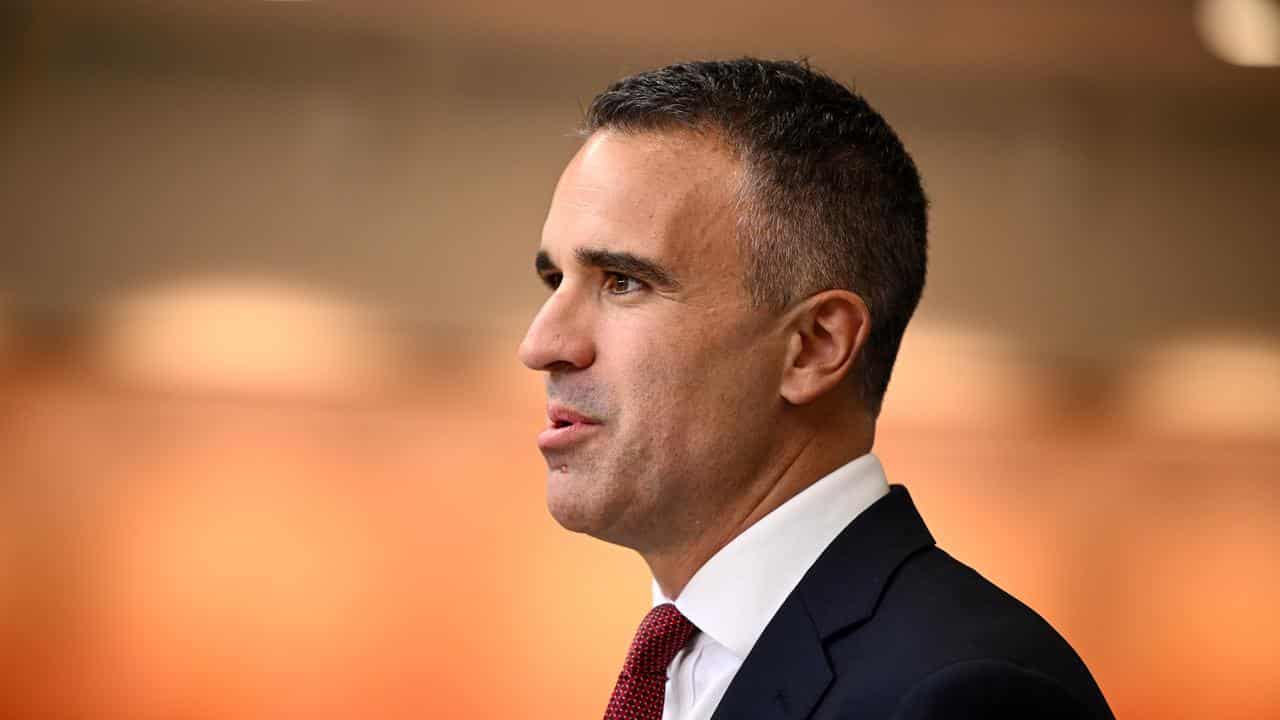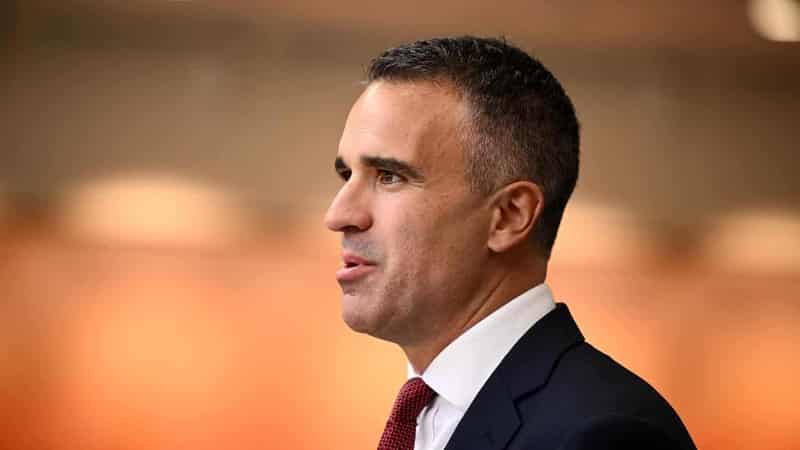
A world-leading move to ban political donations in South Australia will replace them with up to $20 million in taxpayer-funded handouts for each election cycle and also reduce trust in government, a democracy expert says.
The Malinauskas Labor government says it has secured broad political support for its ban and it will give notice in Parliament this week to introduce the Electoral (Accountability and Integrity) Amendment Bill 2024.
It says the bill seeks to prohibit the giving and receiving of electoral donations and gifts to registered political parties, members of parliament and candidates.
It will also impose mandatory expenditure caps on parties, candidates and third parties.
But the Australia Institute says politicians voting together to give political parties more money will reduce trust in government unless the public is included in the process
“Far from getting money out of South Australian politics, these new laws usher in record-breaking spending - including an additional $15 million or more of public money,” said Bill Browne, Director of the Australia Institute’s Democracy and Accountability Program.
“Premier Peter Malinauskas says that this legislation has ‘broad support in the community’ - so why won’t the South Australian government publish submissions the community made to the secret consultation?”
Mr Malinauskas said the government had “listened carefully” to the advice of experts and crafted the bill in close consultation with democracy groups, other major and minor parties, and independents, to ensure the system is fair, workable and able to withstand legal challenge.
“Getting money out of politics is the right thing to do,” he said.
Mr Browne said the government’s original legislation was “undemocratic, unfair and potentially unconstitutional”, and needed major revisions.
“Australia Institute research highlighted many issues with the original bill, and we appreciate that some - like the 'funding trap' for minor parties and the low donation cap for new entrants have been improved,” he said.
“However, more and graver shortcomings have since been introduced, including unjustified sums of public money being spent on political parties and MPs.”
The only way to give South Australians confidence that the revised bill fixes these problems is by holding a public inquiry with public hearings, he said.
The government says it has secured support for the reform from the Liberal Party, minor parties and other members of parliament.
The bill proposes a restructure and mandatory application of the existing public funding model, which is based on the number of votes received at previous elections. It will also include advance payments to new entrants to the political process, such as independent candidates.
New entrants will be entitled to receive donations of up to $5000 and will also be subject to a spending cap.
The bill includes the introduction of expenditure caps, donation caps and loan caps for third parties, including unions, businesses, think tanks and other entities.
The Australia Institute estimates that the proposed new public funding would cost South Australians $15-$20 million per four-year electoral cycle, about three-quarters of which would go to the Liberal and Labor parties, and only about one per cent to new entrants.
The government will seek to pass the bill by the end of the year, with the ban to take effect on July 1, 2025.
A statutory review of the bill’s operation will be completed within 18 months of the 2026 election.









